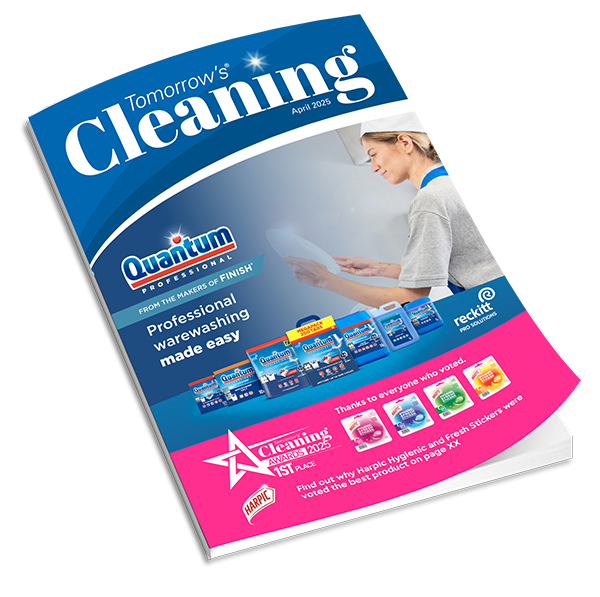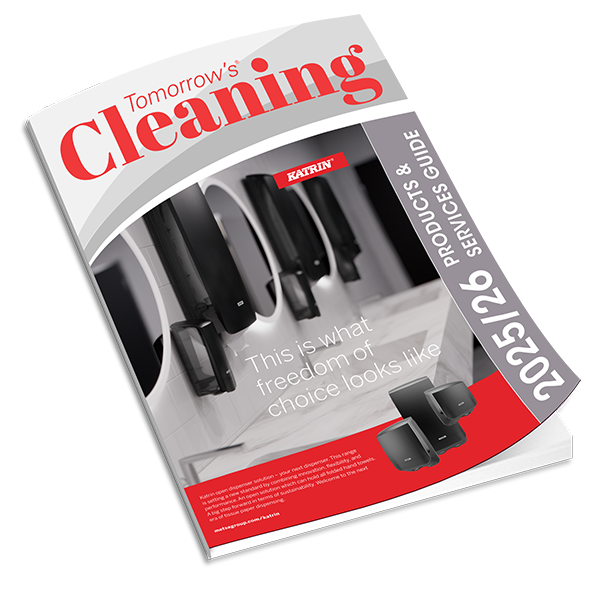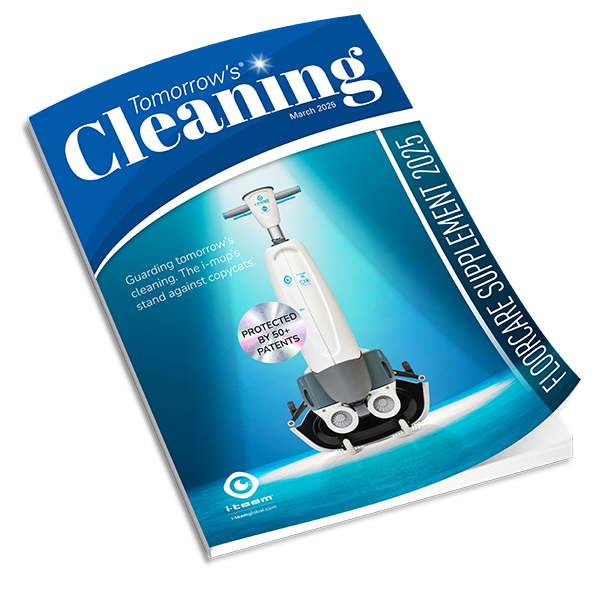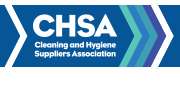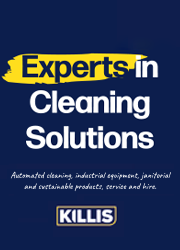National rules setting minimum standards of cleanliness and hygiene for UK workplaces should be introduced to protect public health and boost the economy, according to the British Cleaning Council (BCC).
Mandatory standards for cleaning would help prevent the spread of common infections, such as flu, among workers and reduce the number of days taken off sick, as well as helping protect the nation against future pandemics, says the BCC. It called for standards to be agreed between Government and employers and be subject to inspection, perhaps by the Health and Safety Executive (HSE).
The initiative could help reduce the national bill for employee sickness, it said, which reportedly reached £103bn in 2023, thereby supporting economic growth. It would also support the NHS’s change in focus towards preventing sickness.
Employers currently have a legal duty of care to provide clean workplaces but the industry body, which represents the nearly £60bn cleaning, hygiene and waste industry, argues that this requirement isn’t fit for purpose.
The BCC made the proposal following a call from the Institute for Public Policy Research (IPPR) for employers to be tasked with creating healthier work environments, such as providing subsidised nutritious food for workers.
Health Secretary Wes Streeting has also said that the NHS will shift from sickness to prevention, in order to shorten the amount of time people spend chronically unwell and prevent ill-health.
Chair of the BCC, Delia Cannings, said: “If we’re considering how to make workplaces healthier, then cleanliness and hygiene must be part of that discussion.
“We’ve all been at work with a colleague who is coughing and sneezing and wondered if we will pick up their bug when we use the kettle or the microwave. Having mandatory, enforceable standards of cleaning and hygiene at work will help prevent this kind of sickness spreading and keep staff healthy and well.
“The legal responsibilities of employers with respect to cleanliness are vague, leaving staff vulnerable to picking up illnesses while at work and then spreading them further through society at large. I don’t think they are fit for purpose.
“Most employers support safe and clean working environments. Engaging trained professional cleaning companies gives reassurance that environments are conducive to good health and wellbeing however, sadly, the reality is that some employers do not embrace this principle, therefore the issue is exacerbated.
“Formal minimum standards would ensure workplaces take cleanliness and hygiene seriously, protecting their staff and society as a whole, saving the country a fortune in sick days and boosting the economy. We all agree that prevention is better than cure.”
The BCC believes there are alternative methods of reaching the desired result in achieving minimum hygiene standards before reaching the need for fines.
The adoption of ‘minimum standards for hygiene infrastructure and cleaning in diverse venues’ was a key recommendation of the former All-Party Parliamentary Group (APPG) for the sector, in its 2022 report entitled ‘Embedding Effective Hygiene for a Resilient UK’. The BCC fully supports the report and has been campaigning for its recommendations to be adopted in full.













